The Alchemist
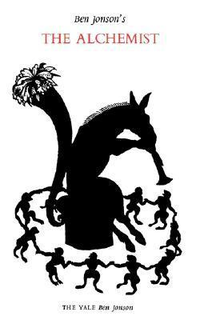
Summary
In none of Ben Jonson’s plays is Renaissance heroic humanism converted to comic reality more obviously and successfully than in The Alchemist . Here the aspiration of the Renaissance to control and remake the world is imaged as a great swindle, alchemy. Jonson parodies philosophers, scientists, the new Protestantism, the great Renaissance merchant adventurers, and the ages’ ideals of military valor and impassioned love. His characters are comic versions of the ways in which the Renaissance sought power, knowledge, and pleasure―they are also a remarkably realistic cross section, ranging from servant through knight, of London’s life. One of the most popular of Jonson’s plays during his lifetime and a favorite throughout the seventeenth century, The Alchemist , was first produced in 1610. In his introduction, Alvin B. Kernan skillfully conveys the vitality and ultimate power of this difficult play. The glosses and explanatory notes clarify Jonson’s language, with all its references to classical and alchemical literature and the contemporary London underworld. In Appendix I, Mr. Kernan discusses Jonson’s use of alchemy and provides a glossary of alchemical terms. Appendix II includes a discussion of the text, sources, and stage history of the play.
Similar Books
-
 Othello: With Readers Guide
Othello: With Readers Guideby William Shakespeare
-
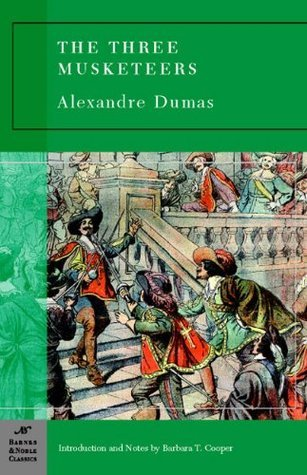 The Three Musketeers
The Three Musketeersby Alexandre Dumas
-
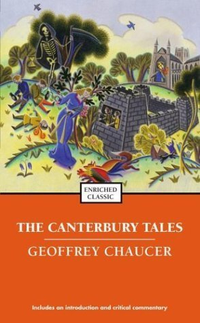 Canterbury Tales
Canterbury Talesby Geoffrey Chaucer
-
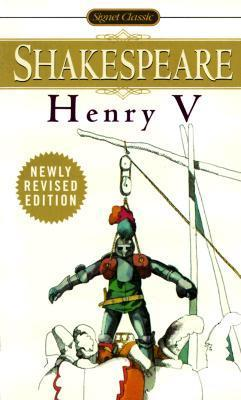 The Cronicle History of Henry the Fift
The Cronicle History of Henry the Fiftby William Shakespeare
-
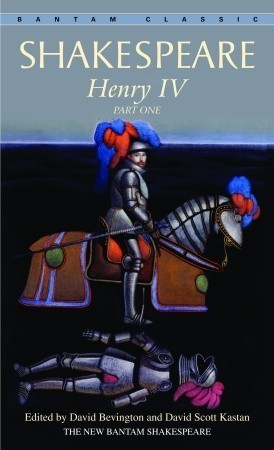 The History of Henry the Fourth
The History of Henry the Fourthby William Shakespeare
-
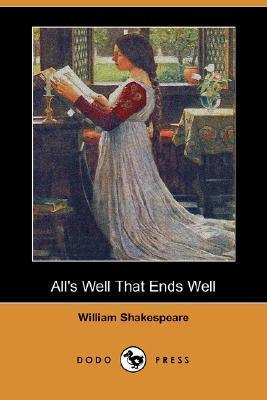 All's Well That Ends Well
All's Well That Ends Wellby William Shakespeare
-
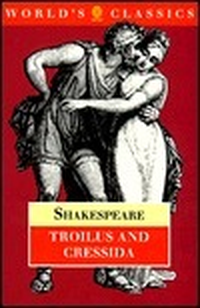 Troilus and Cressida
Troilus and Cressidaby William Shakespeare
-
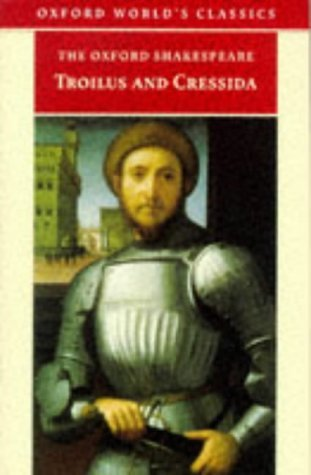 The Tragedie of Troylus and Cressida
The Tragedie of Troylus and Cressidaby William Shakespeare
-
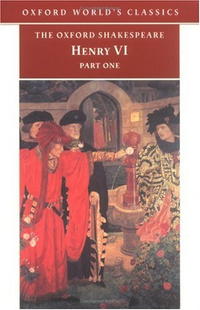 Henry VI, Part One
Henry VI, Part Oneby William Shakespeare
-
 The famous tragedy of the rich Jew of Malta
The famous tragedy of the rich Jew of Maltaby Christopher Marlowe
-
 Tamburlaine the Great; Parts I and II
Tamburlaine the Great; Parts I and IIby Christopher Marlowe
-
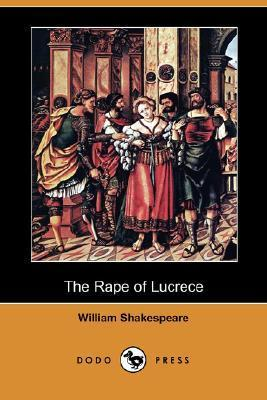 The Rape of Lucrece
The Rape of Lucreceby William Shakespeare
-
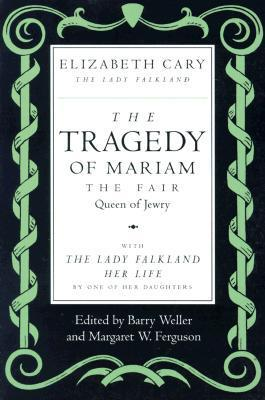 The Tragedy of Mariam
The Tragedy of Mariamby Elizabeth Cary
-
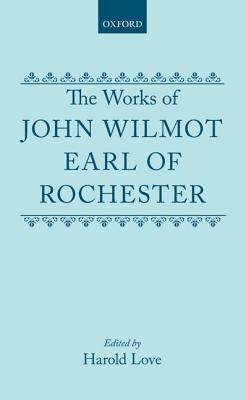 The Works of John Wilmot, Earl of Rochester
The Works of John Wilmot, Earl of Rochesterby John Wilmot
-
 Machiavelli's "The Prince" (Cliffs Notes)
Machiavelli's "The Prince" (Cliffs Notes)by Stacy Magedanz
-
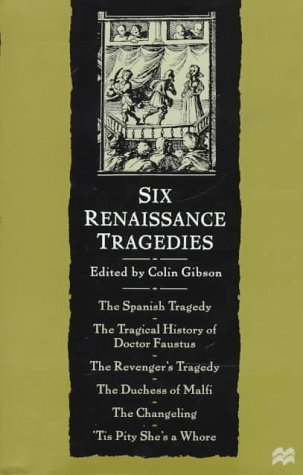
-
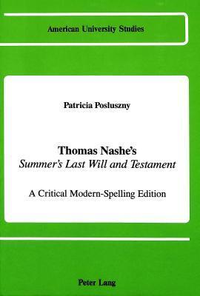
-

-
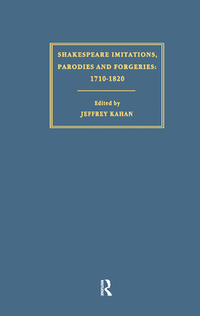 Shakespeare Imitations, Parodies and Forgeries
Shakespeare Imitations, Parodies and Forgeriesby Jeffrey Kahan
-
 The Problem of the Shakespeare Plays
The Problem of the Shakespeare Playsby George C. Bompas